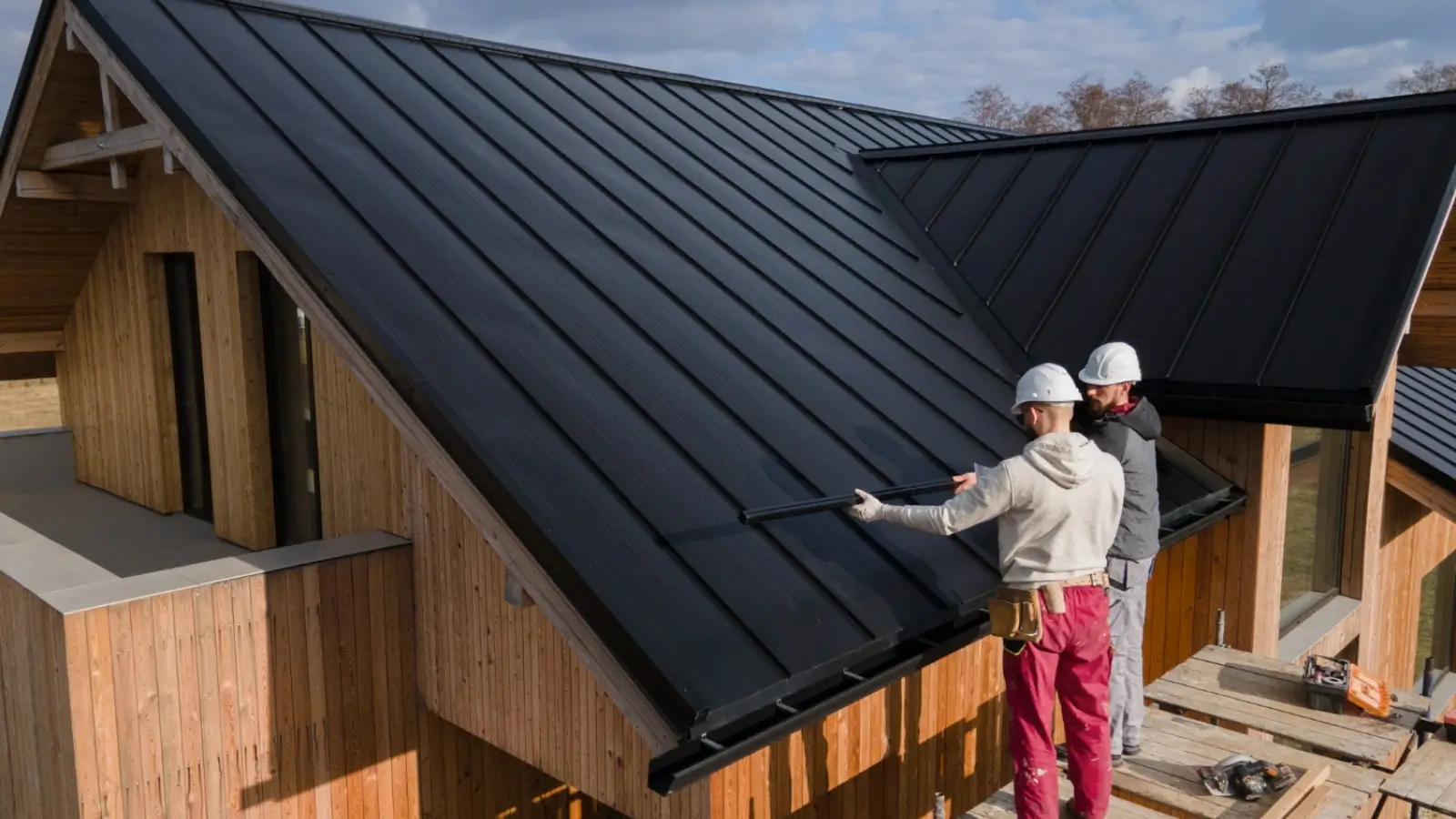


Hiring a roofing company isn’t something homeowners do every day. In fact, many only go through the process once or twice in their lifetime. But when it comes time to choose a contractor for roof repair or roof replacement, asking the right questions can make the difference between a smooth project and one filled with stress, delays, or unexpected costs.
Roofing work is a major investment—not only financially, but in your home’s structural integrity and long-term value. That’s why it's important to treat the selection process like a formal interview. The right roofing company should meet specific qualifications, provide transparent answers, and make you feel confident that your home is in good hands.
Companies like Bumble Roofing of South Sound encourage homeowners to take their time, ask tough questions, and verify credentials before moving forward. This checklist will help guide you through the vetting process so you can make a well-informed decision.
Start with the essentials. A roofing company must be properly licensed to operate in your state or municipality. Equally important is their insurance coverage, which should include:
General liability insurance to protect your property from accidental damage.
Workers’ compensation insurance to protect you from liability if a worker is injured on your property.
Always ask to see certificates and verify them with the issuing agency. This step protects you from legal and financial risk.
A quote that lacks detail is a red flag. A comprehensive estimate should break down:
Labor and material costs
Tear-off and disposal fees
Underlayment or decking replacement (if needed)
Flashing, vents, and other add-ons
Warranties on materials and labor
Timeline for completion
Make sure you’re comparing apples to apples if you're collecting multiple estimates. One company may offer a lower number by excluding key parts of the job that will be billed later.
Most roof repair or roof replacement projects require permits. An experienced roofing company should take care of this on your behalf, including obtaining inspection approvals if needed. This ensures your project is compliant with local building codes, which also helps during future home sales.
If a contractor asks you to pull the permit yourself, that could indicate they aren’t licensed or willing to stand behind their work.
It’s common for the salesperson or estimator to be different from the crew that actually installs the roof. That’s not a problem, as long as there's a clear chain of communication and supervision.
Ask:
Who will be the project manager?
Will there be an onsite foreman every day?
How will updates or issues be communicated?
Consistency and oversight help ensure that your roof is installed correctly and that any unexpected challenges are addressed professionally.
Not all shingles are created equal. A reliable roofing company should walk you through different options and explain the pros and cons of each, such as:
Asphalt shingles (budget-friendly and common)
Metal roofing (durable and energy-efficient)
Synthetic materials (lightweight and long-lasting)
They should also guide you on color and style selections based on your region, climate, and home architecture. The goal is to balance performance, curb appeal, and cost.
Roofing projects can be messy—nails, shingles, and debris often scatter during tear-off and installation. A good contractor will have a cleanup protocol and equipment to keep your property protected.
Be sure to ask:
Will tarps or coverings be used to shield landscaping?
How will nails and debris be collected?
Is a final cleanup and inspection included?
You deserve to have your home returned to a clean and safe condition when the job is done.
Warranties vary significantly between manufacturers and roofing companies. Most materials come with a limited manufacturer’s warranty, but you should also ask about the workmanship warranty—which covers installation errors.
A strong warranty package might include:
25- to 50-year coverage on shingles
5- to 10-year workmanship coverage
Transferable warranties if you sell your home
Understanding the terms now prevents confusion later if an issue arises.
Roof work is weather-dependent, and timelines can shift. Your contractor should have a policy in place to protect your home in case of unexpected rain or wind during installation.
Ask:
What happens if bad weather interrupts the project?
Will the roof be covered overnight?
How are schedule changes communicated?
Clarity here helps you plan and reduces the stress of uncertainty during the project window.
Avoid companies that demand full payment upfront. Standard terms often include:
A deposit at contract signing
A second payment when materials are delivered
A final payment upon completion and satisfaction
You should also confirm accepted payment methods and any financing options. Legitimate companies provide clear, written agreements without pressuring you into rushed decisions.
Reputation matters. Ask for references from recent customers—not just a list of online reviews. Follow up with these contacts to ask about their experience with quality, communication, and professionalism.
You might also research:
Online reviews across multiple platforms
Better Business Bureau ratings
Local licensing board complaints or disputes
Companies like Bumble Roofing of South Sound understand that transparency and communication are as important as craftsmanship.
Choosing a roofing company is about more than getting the best price. It’s about partnering with professionals who respect your home, honor their commitments, and stand behind their work. By asking the right questions, you create a foundation for a successful project and a roof that will last for decades to come.
Never hesitate to ask for clarification or take time to compare proposals. A reliable contractor will encourage questions—not dodge them.
Your home deserves a roofing partner, not just a roofing provider. Whether you're planning a minor roof repair or a full roof replacement, investing time into the vetting process can save you stress, money, and future headaches.
Use this checklist to guide your conversations and ensure your roofing company meets both technical and ethical standards. From licensing to warranties, no question is too small when your home’s safety is on the line.
When in doubt, remember that professionalism, clarity, and communication are just as important as the work done overhead.